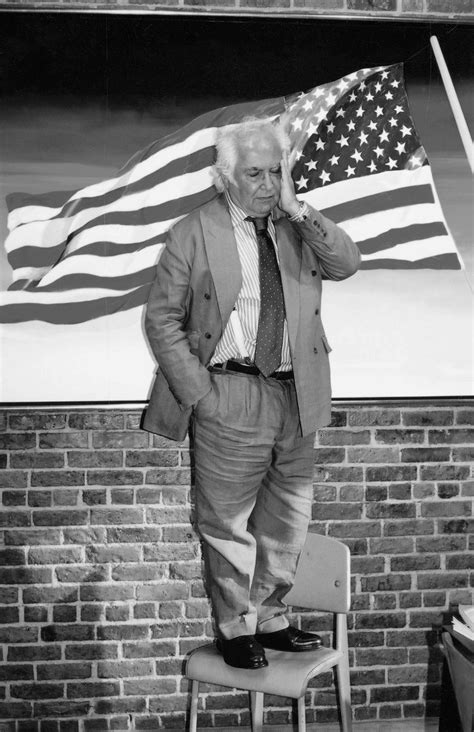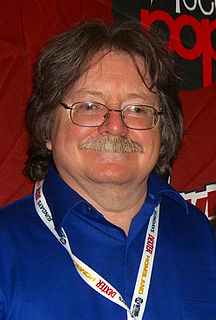A Quote by Jason Silva
Cinema is a technologically mediated dreamspace, a way to access, a portal to the numinous that unfolded in the fourth dimension, so cinema became sort of a waking dream where we can travel in space and time, where we can travel in mind. This became more than virtual reality, this became a real virtuality.
Related Quotes
Acting became important. It became an art that belonged to the actor, not to the director or producer, or the man whose money had bought the studio. It was an art that transformed you into somebody else, that increased your life and mind. I had always loved acting and tried hard to learn it. But with Michael Chekhov, acting became more than a profession to me. It became a sort of religion.
This rose became a bandanna, which became a house, which became infused with all passion, which became a hideaway, which became yes I would like to have dinner, which became hands, which became lands, shores, beaches, natives on the stones, staring and wild beasts in the trees, chasing the hats of lost hunters, and all this deserves a tone.
The breakdown of the modern movement led to what later became known as postmodern-whatever the hell that means-referring to the mixture of people and backgrounds that became a common thing among artists in America. Many of the great artists in America, for example, came from Jewish families and backgrounds that fled all the way from Russia. It's remarkable, the great masters of American art and cinema who were coming from old roots in little villages there. And then Hollywood, and the haunting, hypnotic impact that American Cinema had throughout the world . . .
I first came to cinema as a passionate filmgoer, when I was a child. Then, when I was a very young man, I became a film critic precisely because of my knowledge of cinema. I did better than others because of this. Then I moved on to screenwriting. I wrote a film with Sergio Leone, 'Once Upon a Time in the West.' And then I moved to directing.




































